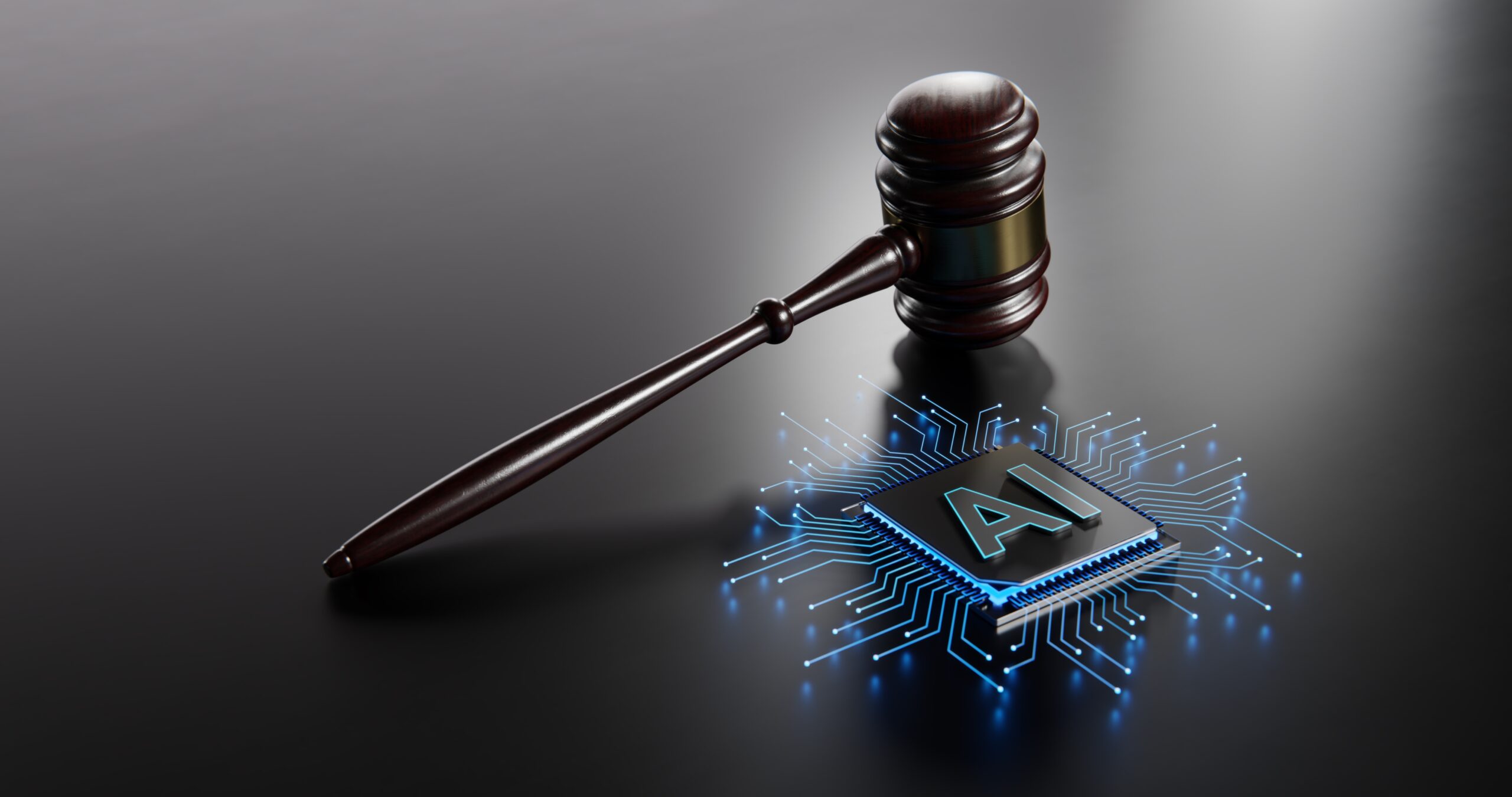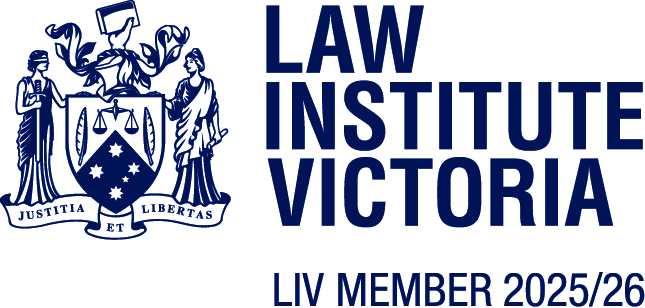How Machine Learning is Revolutionizing Case Preparation
The legal industry is constantly changing, and machine learning is becoming a powerful tool in this transformation. This groundbreaking technology is redefining how legal professionals prepare for cases, introducing a new era of efficiency and accuracy. As AI in law continues to grow, law firms are using these advancements to streamline their operations and improve the quality of their services.
One major benefit of this technological revolution is the significant reduction in research time made possible by AI tools. Machine learning automates complex tasks and analyzes large amounts of data at incredible speeds, leading to higher levels of accuracy. This means more efficient and effective legal practices, with firms able to strategically allocate resources while keeping their clients’ best interests in mind. These advancements highlight a crucial shift towards embracing technology as an essential partner in providing top-notch legal solutions.
Understanding Machine Learning and Its Role in Legal Tech
What is Machine Learning?
At its core, machine learning (ML) involves the development of algorithms that enable computers to learn from and make decisions based on data. In the legal field, ML’s subsets—such as supervised learning, unsupervised learning, and deep learning—play crucial roles. These subsets empower systems to identify patterns and insights that are not immediately discernible by human analysis.
How is Artificial Intelligence Used in Law?
Artificial intelligence (AI), which includes ML as a subset, is changing the way legal practice works. AI applications are used for tasks like document review, due diligence, and legal research, where they make processes more efficient and reduce human error. Machine learning’s ability to analyze historical case data and predict outcomes shows its usefulness in planning litigation strategies.
What is Legal Tech?
Legal tech refers to the use of technology solutions in law firm operations to improve service delivery. It is important for firms to embrace these advancements in order to stay competitive in a changing market. By using tools like AI-powered chatbots for client interaction or cloud-based platforms for case management, firms can increase efficiency and client satisfaction.
Understanding these factors puts legal professionals in a position to lead innovation. The combination of machine learning and legal tech provides law firms with unique opportunities to excel, such as EAS Legal. By using these technologies, they can continue their mission of offering strategic solutions while protecting clients’ rights and ensuring their futures through expert navigation of legal complexities.
Transforming Case Preparation: Speed, Efficiency, and Accuracy with Machine Learning
Machine learning (ML) is transforming case preparation in the legal field by improving speed, efficiency, and accuracy. This transformation is made possible by ML algorithms’ ability to quickly process large amounts of data.
Data Processing Efficiency
ML algorithms are particularly good at processing extensive datasets that include various types of legal documents, court records, and relevant case law. By automating these tasks, law firms can streamline their operations, saving valuable time for attorneys to focus on strategic decision-making instead of repetitive data analysis tasks.
Predictive Analytics in Law
Another game-changing aspect of ML in case preparation is its use of predictive analytics. This tool enables lawyers to predict potential outcomes more accurately. By studying patterns from past data and identifying trends, legal professionals can better anticipate how a case will unfold. This insight not only improves strategic planning but also allows attorneys to give well-informed advice to clients.
In practice, predictive analytics has significant implications for client representation. It helps lawyers assess risks more accurately and develop strategies that align with likely judicial outcomes. As a result, clients receive legal advice that is proactive and based on real data.
EAS Legal is an example of how embracing these advanced technologies can enhance service delivery. By incorporating ML-driven solutions into their workflow, they maintain their reputation for excellence while prioritizing client interests. The firm’s dedication to using cutting-edge legal tech reflects a larger industry trend towards innovation and better client outcomes through technology.
Real-World Applications of AI Tools: NLP and Workflow Integration
Natural Language Processing in Law
The integration of natural language processing (NLP) within law firms has transformed the daily workflows of legal professionals. NLP, a subset of machine learning, enables computers to understand and interpret human language with remarkable precision. This capability is particularly beneficial in the legal domain, where the complexity and volume of documentation can be overwhelming.
Legal documents often contain intricate terminology and nuanced language. NLP software adeptly interprets these complexities, allowing for efficient extraction of relevant information. By automating the review process, law firms can significantly reduce the time spent on document analysis, enabling attorneys to focus on higher-order tasks that require their expertise.
Interpreting Complex Legal Documents
The application of NLP extends beyond mere document analysis; it plays a crucial role in specific legal areas such as legal nurse consulting and mass tort cases. For instance, NLP tools can swiftly sift through extensive medical records to identify pertinent details that may impact case outcomes. This capability enhances the precision and efficiency with which these cases are prepared, ultimately benefiting clients through more informed legal strategies.
Workflow Integration with AI Tools
Successful integration of AI tools into legal operations requires strategic planning and execution. At EAS Legal, our commitment to excellence drives us to embrace cutting-edge technologies that enhance our service delivery. By implementing advanced AI solutions, we streamline our workflow processes, ensuring that client interests remain at the forefront.
This integration involves using AI-powered platforms to automate routine tasks while maintaining rigorous standards of accuracy. Our team’s dedication to navigating legal complexities with personalized solutions is amplified through these technological advancements, reinforcing our mission to protect clients’ rights and secure their futures.
By adopting such innovative practices, law firms not only improve operational efficiency but also cultivate an environment where seasoned professionals can leverage technology alongside their expertise to achieve optimal results for clients. For more insights into specific areas of law such as family law or estate planning, you can explore legal articles that provide expert advice from experienced lawyers at EAS Lawyers.
Case Studies: Legal Professionals Leveraging Machine Learning for Success
Legal professionals are increasingly turning to machine learning (ML) to transform their practices. Here are some notable case studies on AI implementation in law firms that illustrate the profound impact of these technologies:
1. Smith & Associates
This mid-sized firm integrated ML tools to automate document review processes. By adopting advanced algorithms, they reduced manual document review time by 60%, thereby reallocating resources towards more strategic tasks. The result was a marked increase in efficiency and client satisfaction.
2. EAS Legal
Committed to client-first strategies, EAS Legal implemented natural language processing tools to streamline complex legal research. This not only enhanced their workflow efficiency but also ensured high levels of accuracy in case preparation, reinforcing their reputation for excellence and professionalism.
These examples demonstrate how implementing machine learning into daily operations can lead to significant enhancements in both efficiency and outcomes. As legal professionals continue to embrace these advanced technologies, the potential for improved client services and streamlined procedures becomes increasingly evident.
Moreover, while these technologies significantly enhance operational efficiency, the foundational skills of legal professionals remain indispensable. For instance, understanding how to present a case effectively in Magistrates’ Court is a skill that cannot be replaced by technology. This includes mastering cross-examination techniques and submission guidelines which are crucial for achieving favorable outcomes in court.
Addressing Limitations and Emphasizing the Need for Human Expertise alongside Machine Learning Systems in Law Practice
Machine learning (ML) systems have undeniably transformed how legal professionals approach case preparation. Yet, despite their impressive capabilities, these systems encounter significant challenges, particularly concerning the understanding of contextual nuances within complex legal matters. The inherent limitations of ML systems in understanding context can lead to inaccuracies that necessitate human intervention.
Legal cases often involve intricate details and subtle distinctions that require a deep comprehension of the law’s multifaceted nature. Machines, although proficient in processing large volumes of data with speed and precision, may struggle to interpret the subtleties of language and context that are second nature to seasoned legal professionals. For instance, nuanced legal terms or context-specific interpretations can lead to misinterpretations by algorithms focused predominantly on pattern recognition rather than contextual analysis.
Furthermore, recent studies have highlighted the significant limitations of AI in legal contexts, underscoring the necessity for human oversight and expertise. Given these constraints, it becomes evident that balancing technological advancements with professional judgment is not just prudent but essential. The role of human attorneys is indispensable in interpreting ML-generated outputs. Their expertise ensures that AI tools complement rather than replace human insight, driving towards a more comprehensive understanding of each case’s specifics. This symbiotic relationship fosters a system where technology enhances efficiency while human intellect ensures accuracy and relevance.
The Role of Legal Professionals in ML Integration
Incorporating machine learning into legal practices doesn’t diminish the necessity for skilled attorneys; rather, it highlights their pivotal role in navigating complex legal landscapes:
- Validation Process: Legal professionals play a critical role in validating the findings produced by ML systems. By scrutinizing AI outputs for potential errors or oversights, attorneys can correct inaccuracies and provide clients with reliable advice grounded in both data-driven insights and experiential knowledge.
- Professional Judgment: Attorneys bring invaluable skills such as ethics, empathy, and judgment—traits that machines cannot replicate. These qualities are crucial during negotiations or when advocating for clients’ interests before a court.
As technology evolves, this partnership between man and machine will continue to shape the future of law practice effectively.
Conclusion
Embracing technology in the legal industry is no longer optional; it is essential for staying competitive. Machine learning is changing the way cases are prepared and this shift shows how important it is, allowing law firms to work more efficiently and accurately. This change brings exciting opportunities to provide services that are tailored to what clients need.
While technology continues to evolve, human expertise is irreplaceable. A collaborative approach, where machine intelligence supports human judgment, ensures that legal practices maintain their integrity and sophistication.
Key Takeaways:
- Future Implications of Machine Learning in Law Tech: As advancements continue, machine learning will further reshape how legal services are provided, offering even more powerful tools for dealing with complex issues.
- Human Touch: The essential role of experienced professionals in interpreting data through their knowledge highlights the unique value that legal practitioners offer.
Need to speak with a lawyer?
Our experienced lawyers are here to help you understand your legal rights and options. Contact us for a confidential discussion about your situation.

















